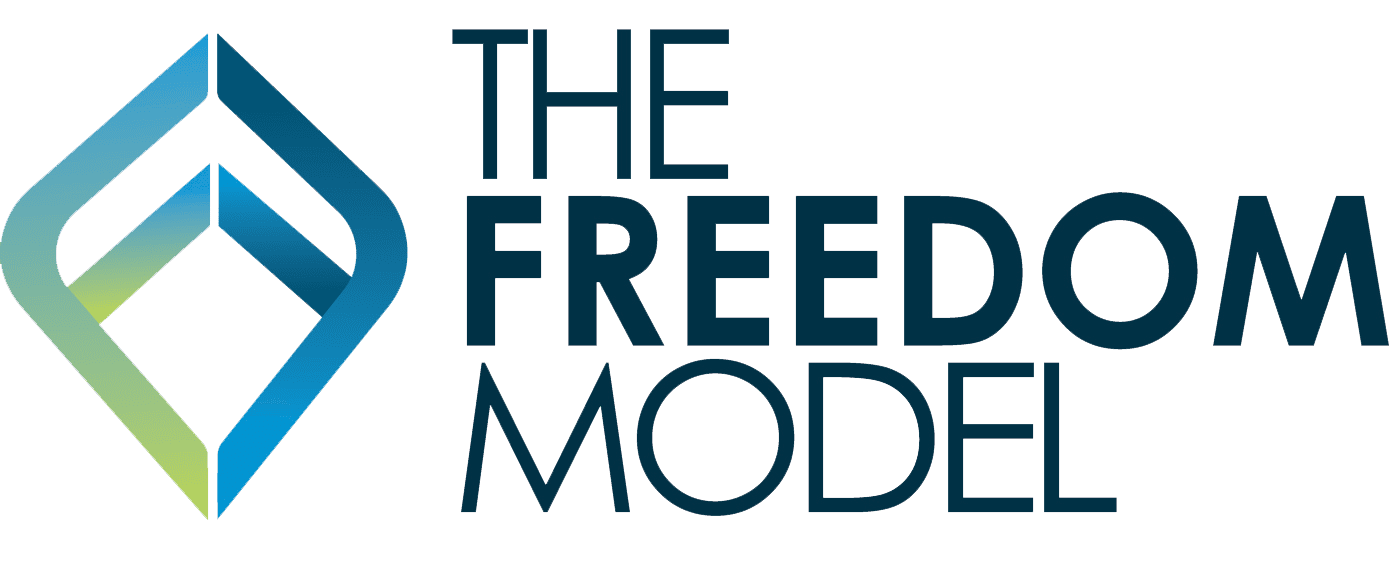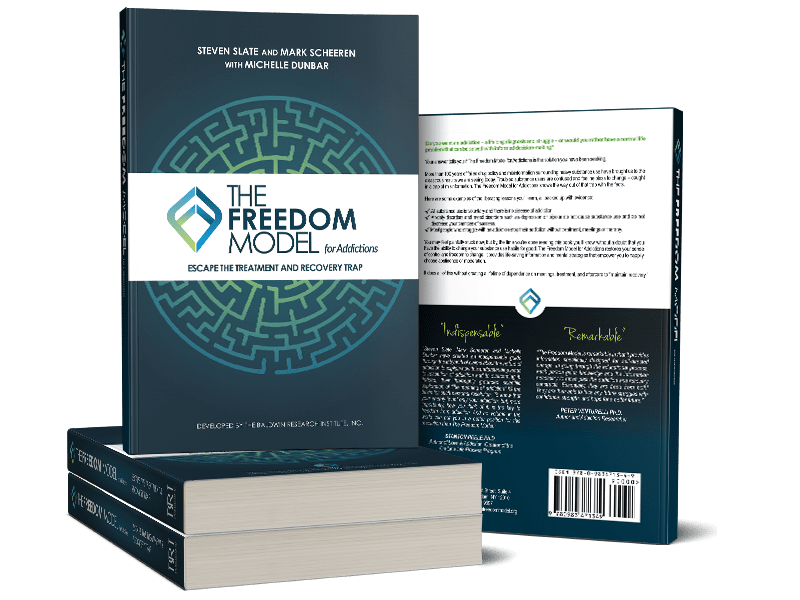You Asked, We Answered
Addiction Questions
Every day I feel like I’m fighting to survive – to not drink. Is it always going to be this way?? That’s what I keep hearing. It’s really depressing.
The answer is no, you won’t always feel this way if you have the willingness to open your mind to new information. You have been taught to see addiction as something to fight against, when in reality you are deliberating internally about what you want in regards to using, moderating, or not using substances. But that distinction between seeing your habits as a fight or as something you choose for yourself is at the heart of your confusion. Until those two views are clear to you, you will continue to struggle. The Freedom Model for Addictions addresses this issue throughout the text:
“We have now provided a commonsense view of what motivates human behavior. Later, we examine two more aspects of humanity that allow you to redirect your Positive Drive Principle, free will, and mental autonomy, giving you a full construct on how to initiate change. If you accept that The Freedom Model is true, you know that:
- there are no causes of human behavior, only reasons for it held within the mind of the individual making the choice;
- you are motivated to use substances heavily by your view that it is your best available route to happiness; and
- you have the freedom to rethink things, reevaluate your options, arrive at new visions of happiness, and make new choices.
Then, you will change your goal from fighting an addiction or battling “causes” of your behavior or resisting your desires to a goal of discovering what level of substance use would make you happiest by your own judgment. If you should discover that you can see change as genuinely happier (and not just less costly), you will then effortlessly change, never to feel mired in “addiction” again. To achieve this end, you will need to shamelessly accept your current level of substance use and recognize that you have truly seen happiness in it. It will require you to be open to rethinking all your options. These are all mental efforts and take only a willingness to think things through critically. These efforts take no strength, so they won’t be “hard” in the sense that we often think “overcoming an addiction” is hard because the addiction is simply personal preference based on personal beliefs. The only limit to how quickly and easily you can change these beliefs is how open-minded and critical-thinking you’re willing to be.
We know that many of you will have your doubts. You think It can’t be this simple. You may feel that your substance use must be out of your control, that there must be a deeper, darker truth to why you feel stuck. If you didn’t believe this, then you wouldn’t have sought any help. It is essential that you rediscover your freedom and forever do away with the addict self-image that creates these doubts. The following chapters will explain why you feel this way and how you got there so you can eventually shed this destructive self-image. We also know that some of you will express immediate full agreement and want to jump ahead to see how to reevaluate your happiest options. However, we’ve often seen this state of agreement quickly followed by more doubt—but isn’t it genetic, but don’t I need to increase my self-control and willpower, but what about my underlying issues. Please be patient as we cover all the necessary ground to set the stage for your success. The lessons here are the result of decades of research and direct experience in communicating these ideas, and while it is true that you already have all the power it takes to change, our job is to make sure you fully understand the path to change.”


0 Comments